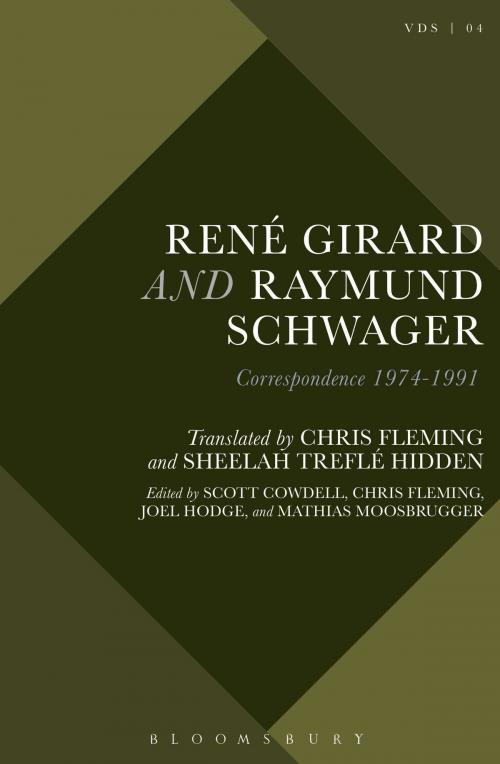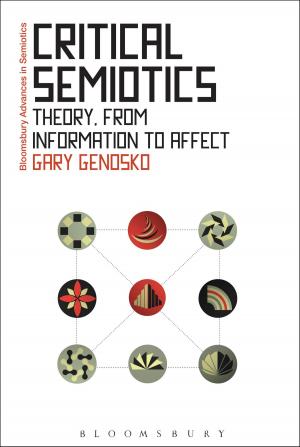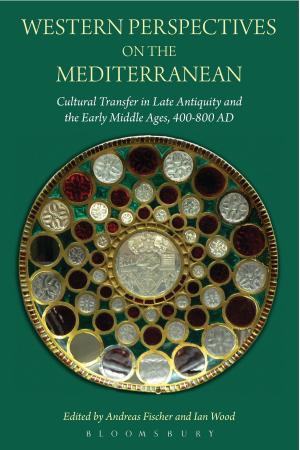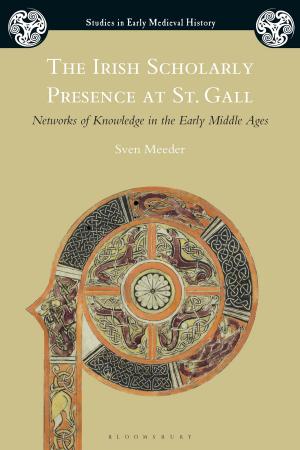René Girard and Raymund Schwager
Correspondence 1974-1991
Nonfiction, Religion & Spirituality, Christianity, Denominations, Catholic, Catholicism, Philosophy| Author: | ISBN: | 9781501320484 | |
| Publisher: | Bloomsbury Publishing | Publication: | October 6, 2016 |
| Imprint: | Bloomsbury Academic | Language: | English |
| Author: | |
| ISBN: | 9781501320484 |
| Publisher: | Bloomsbury Publishing |
| Publication: | October 6, 2016 |
| Imprint: | Bloomsbury Academic |
| Language: | English |
The brilliant and ground-breaking mimetic theory of the French-American theorist René Girard (1923-2015)has gained wide-ranging recognition, yet its development has received less attention. This volume presents the important correspondence-conducted in French and as yet unpublished, let alone translated into English-between Girard and his major theological interlocutor Raymund Schwager SJ (1935-2004). It presents the personal relationship between two great thinkers that led to the development of a significant break-through in the humanities. In particular it reveals the theological development of Girard's thought in dialogue with Schwager, who was concerned to assist Girard in areas where he had little expertise and had encountered major criticism, such as the theological application of sacrifice. These issues in particular had placed major barriers to Girard's acceptance in theological circles. These letters reveal how Girard, with Schwager's help, entered the mainstream of theological debate.
The brilliant and ground-breaking mimetic theory of the French-American theorist René Girard (1923-2015)has gained wide-ranging recognition, yet its development has received less attention. This volume presents the important correspondence-conducted in French and as yet unpublished, let alone translated into English-between Girard and his major theological interlocutor Raymund Schwager SJ (1935-2004). It presents the personal relationship between two great thinkers that led to the development of a significant break-through in the humanities. In particular it reveals the theological development of Girard's thought in dialogue with Schwager, who was concerned to assist Girard in areas where he had little expertise and had encountered major criticism, such as the theological application of sacrifice. These issues in particular had placed major barriers to Girard's acceptance in theological circles. These letters reveal how Girard, with Schwager's help, entered the mainstream of theological debate.















